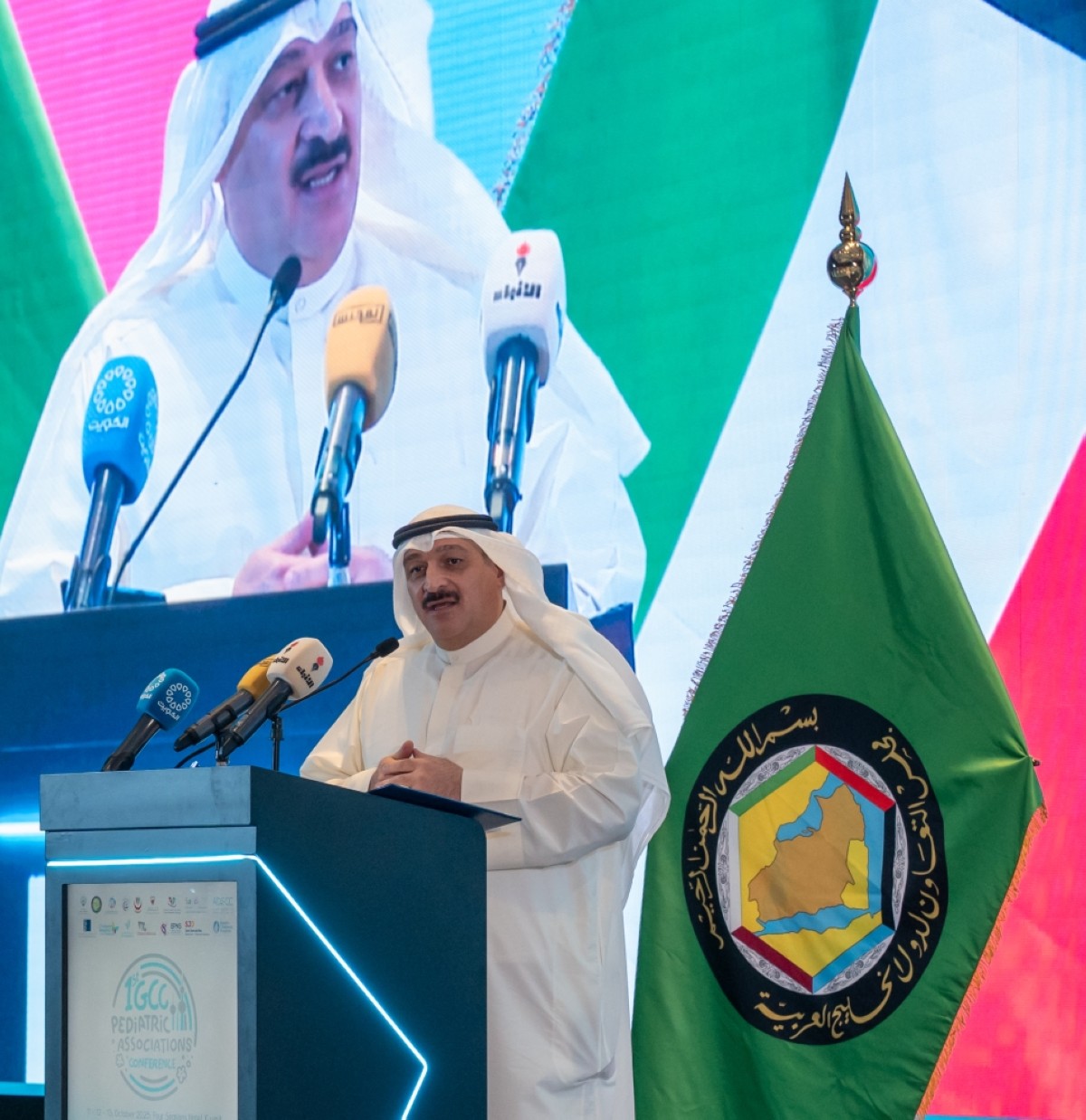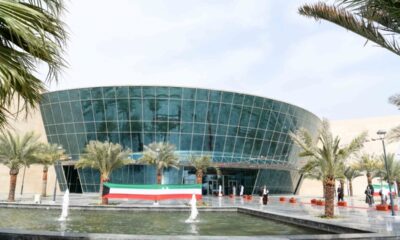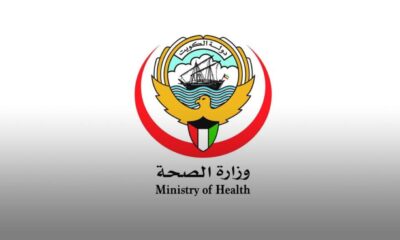KUWAIT: The First GCC Pediatric Associations Conference opened in Kuwait on Saturday, bringing together doctors, researchers and health officials from across the Gulf and beyond to strengthen cooperation in children’s healthcare and address shared challenges across the region. The three-day event, hosted under the patronage of Kuwait’s Health Minister Dr Ahmad Al-Awadhi and attended by Gulf Cooperation Council (GCC) Secretary-General Jasem Al-Budaiwi, features experts from Gulf states alongside medical specialists from Europe, the United States and Asia.
Organizers say the conference aims to enhance GCC collaboration in pediatrics, share scientific expertise and keep pace with the latest developments in this vital field.
Children are wealth
In his opening remarks, Dr Ahmad Al-Awadhi described the gathering as “a long journey of constructive cooperation among the Gulf states”. “The event reflects a shared vision to advance the quality of healthcare services provided to children, who represent the true wealth and foundation of a brighter future for our nations,” he said.
He also highlighted Kuwait’s early focus on child health and its continued support for medical research, training and professional education as part of its commitment to public health.
President of Kuwait Association of Pediatricians Dr Sondus Alsharidah
GCC Secretary-General Jasem Al-Budaiwi
For GCC Secretary-General Jasem Al-Budaiwi, prioritizing children’s health is “a strategic investment in people and sustainable development.”
Al-Budaiwi said GCC leaders view health as “a key pillar of development,” pointing to the region’s robust healthcare infrastructure — including 863 hospitals and 3,400 health centers and complexes — as proof of its capacity to meet citizens’ and residents’ needs. According to data from the GCC Statistical Center, there are 7.9 million children under 14 and 2.2 million adolescents aged 15 to 19 across the GCC. “Child health is the cornerstone of Gulf society,” he said.
Lower infant mortality
Al-Budaiwi pointed to several regional initiatives that have improved child health outcomes, including vaccination programs that have reduced infant mortality by 45 per cent over the past five decades.
He cited several GCC-wide campaigns to combat diseases like asthma and promote preventive health practices and build community awareness. He also highlighted ongoing efforts to address adolescent mental health. “These programs reflect our shared investment in a healthier, more informed society,” Al-Budaiwi said.
Beyond awareness, Al-Budaiwi said Gulf states are working under a comprehensive GCC Health Strategic Plan (2026–2030) to strengthen infrastructure and ensure regional health security. The strategy was approved during a GCC Health Ministers meeting hosted by Kuwait last week. He urged health professionals to focus on research into rare childhood diseases and adolescent health, as well as the potential of artificial intelligence to improve diagnosis and treatment.
Focus on collaboration
Conference chair and President of Kuwait Association of Pediatricians, Dr Sondus Alsharidah, said the conference includes 15 scientific sessions and 14 specialized workshops, featuring more than 64 speakers from the Gulf, Europe, the US and Asia. “This conference is an important opportunity to unify GCC efforts in addressing the growing health challenges facing children in the region,” she said.
The conference continues through Monday, with sessions covering topics such as early childhood health, genetic and respiratory diseases, adolescent well-being and the use of emerging technologies in pediatrics. Alsharidah added that the discussions and workshops are designed to help develop unified medical practices and equip the next generation of GCC doctors, nurses and researchers with the latest knowledge in pediatric care. — KUNA


















